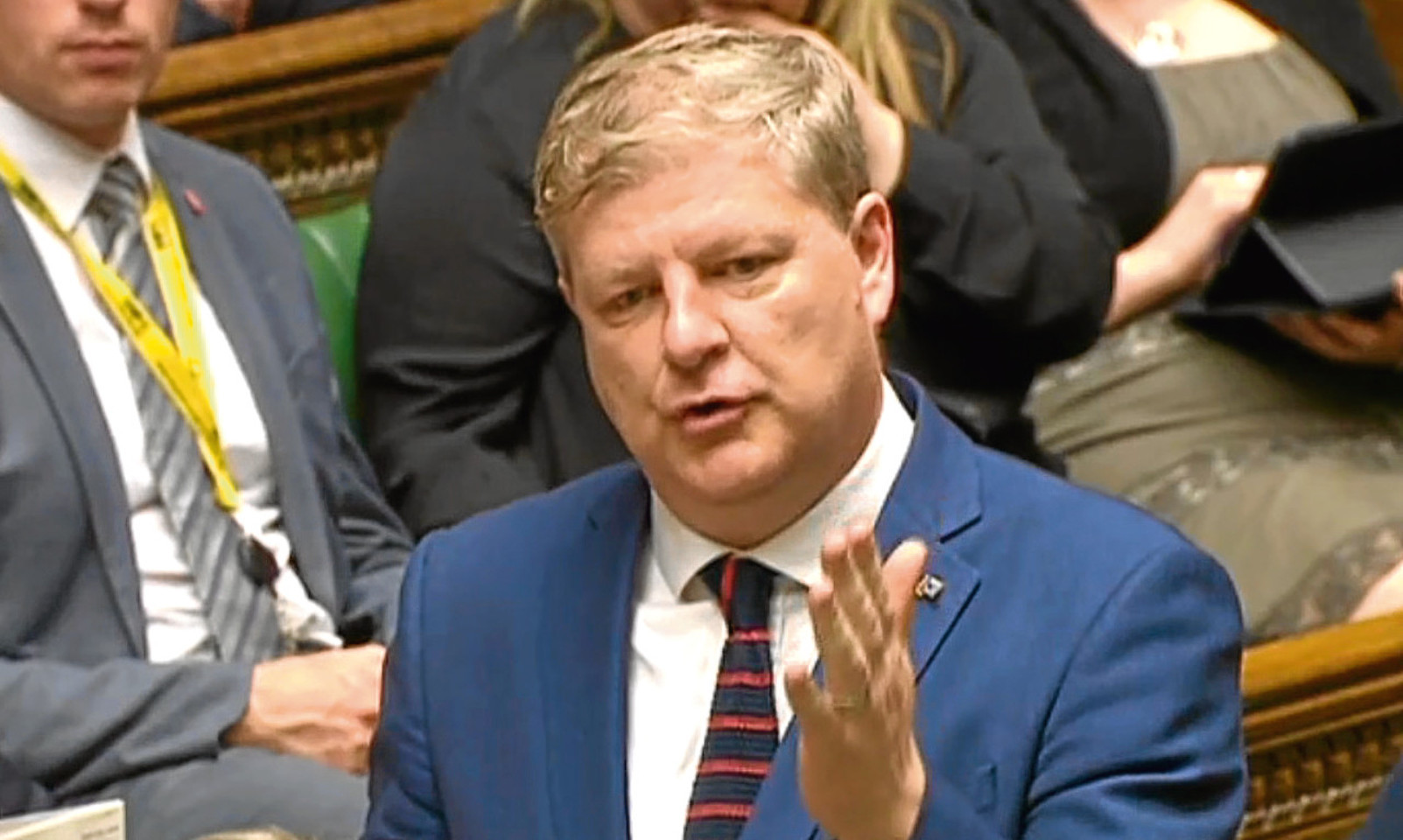You read this column for my modesty and because I’m usually right.
After 18 months of being told I was wrong to question the economics of the Indy White paper, the SNP now admits the same.
Stick that in your keyboard, you dumb trolls.
George Kerevan has admitted that in the short term after independence, Scotland would have to cut spending.
The MP has been tasked by the leadership to come up with a new economic case for Indy.
He will have been the given the OK to air his views (unsurprisingly, in a London newspaper not distributed in Scotland).
Kerevan says we should expect a £5 billion dent to public finances per annum as he ponders an alternative to the “shared pound” option which sank Salmond’s case.
Two options
Broadly there are two options – join the Euro or start a new currency.
If we join the Euro, we will have to slash our deficit – we spend more than we earn and way more than Euro membership allows.
But if we start our own currency, we’ll have to spend a lot less too.
Why? Because first, we’ll need to find the money to give the new currency legitimacy – that is, we will have to pledge billions if anyone is going to trust us.
Secondly, to ensure that trust, we’ll have to show that the new state isn’t about to rattle up more debt.
Either way – there’s less money to play with.
There’s no pleasure in saying I told you so – the fact is nationalists lost what may still be the only Indy referendum and have wasted years when they should have been developing a better argument.
Anyway, we move on to another MP, Angus Robertson, for reasons which will become clear.
Robertson is the Westminster leader of the SNP, the MP for Moray and a staunch defender of RAF Lossiemouth.
He is the man behind the SNP switching policy in favour of joining Nato in the event of independence.
Angus, a snappy dresser in the regimental style, likes military bases and hobnobbing with generals,
It was he who said Indy Scotland should have a high defence budget – around three times higher than the norm for a European nation Scotland’s size.
The high spend meant all the RAF bases, shipyards and other military operations could continue after independence.
However, given Scotland’s high deficit, committing so much money to defence struck many in the run-up to 2014 as unaffordable.
An independent Scotland could save around £3bn from the military budget and still run an operation that contributed to Nato.
However, in one of David Cameron’s last acts as Prime Minister, he signed a deal with Boeing to build planes which hunt out submarines.
It’s a multi-billion dollar business but includes a £100 million investment in RAF Lossiemouth, which is, of course, in the Moray constituency.
You can see where this is heading.
Cut Scotland’s defence budget to the average level of European states and it’s pretty clear that there’ll be no cash knocking around for new submarine-spotting planes and therefore, no £100m investment in Moray.
Such a reduced budget would also struggle to find a new purpose for Holy Loch, where the nuclear submarines dock.
Turn a cold eye on the economic numbers and Govan and Rosyth shipyards, builders of the next generation of aircraft carriers and destroyers are also unaffordable.
A small defence budget means tears all round for Robertson (Moray) and Sturgeon (Govan) and the illusion that an Indy Scotland could be just the same as it currently is (everywhere).
Agonies
Thus, the SNP has its own version of Labour’s agonies over Trident – the Labour party is split on renewal, with some saying the missiles keep boys in work, others that the money is waste.
The SNP is split between those who want to keep jobs for the boys in defence, while others can only see the books balancing if the unusually high military spend is cut.
And that’s the Angus Robertson dilemma.
Yesterday in Prime Minister’s Questions he wanted the PM to know that European allies would welcome Scotland into the EU.
More pressing are the defence workers who want to know if they have a job in his vision of Scotland.
He needs to find a new version of independence which overcomes this dilemma.
The options are: Be honest and admit that the paraphernalia of UK militarism is a luxury Scotland can’t afford and doesn’t need, or be brave and say the jobs lost are regrettable but the economy has recovered from far greater employers going under (banking, coal mining, manufacturing).
Cunning
Or be cunning and find ways to save the money from elsewhere, while trying to persuade five million Scots that 10,000 jobs in the military are somehow special and are worth saving.
Personally, I would rather Scotland tried to build a society fit for the future than continue to be held to ransom by jobs in the military.
On this, I may not be right – it is a difficult call and the kind of dilemma that independence throws up.
But I am sure it is better to be honest in the first place.
